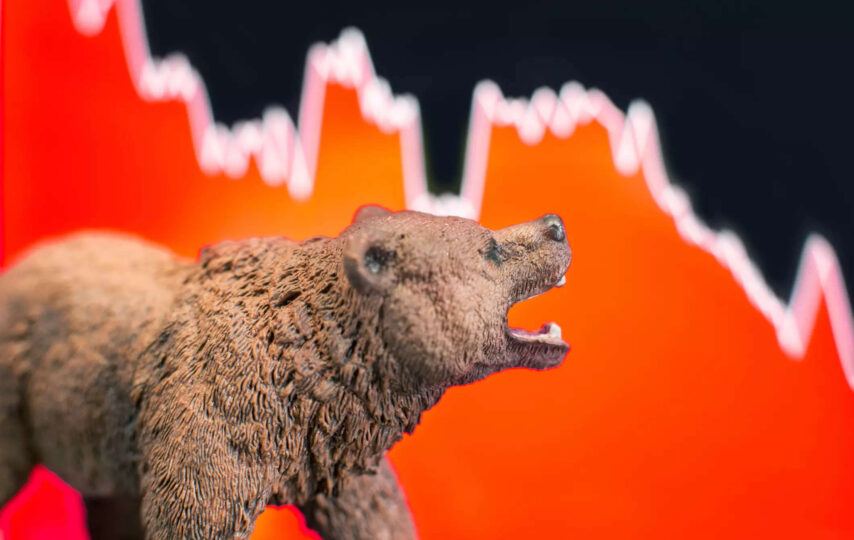“Bear markets” are lengthy periods of declining prices that are referred to in the context of the financial markets. A “bear market” is referred to by journalists and economists as a market in which prices have fallen by at least 20% from their most recent high, and investors have turned gloomy as a direct result of this decline. Visit MultiBank Group
Substantial drops in the forex market index are a common symptom of bear markets. However, a bear market is considered to exist when any stock, security, or commodity experiences a 20% decrease in value over a period of two months or longer. The general decline in demand, less disposable income and increased unemployment that follows a recession also contribute to the high correlation between recessions and bear markets.
Important Considerations
- If a market or asset’s price has dropped by at least 20% from its previous high point, then the market or asset is deemed to be in a bear market.
- When compared to recent highs, a fall of 10% is seen as a correction, while a decline of 20% is sometimes referred to as a bear market.
- Recessions, in the broadest sense, are the primary driving force behind bear markets in forex trading.
- On the other hand, the opposite of a bear market is referred to as a bull market.
The Mechanisms Behind Bear Markets
Bear markets are often kicked off by investors who are filled with fear and anxiety about their financial futures. These feelings of dread and unease might have their origins in several different places, such as the following:
- Natural disasters
- Neither the company’s performance nor its bookkeeping is up to par.
- Disruptions in the supply chain
- Demand shocks
- Extremely leveraged investing
The most recent instance of a natural disaster causing a recession came in the year 2020 when the COVID-19 epidemic was going around. The illnesses prompted hospitals to become overcrowded, which led to governments instituting lockdowns. These lockdowns and other stringent rules began to cause a reduction in spending in the economy, which led to a loss of jobs and investor panic.
Bear Market Versus Bull Market
Both rising and falling forex markets occur continually over the course of time. When a bear market finishes a bull market commences. Bull markets are characterized by an increase in the price of a stock or market that is greater than 20% during a period of two months and is accompanied by a bullish market mood. When there is a bull market, the stock market will typically reach new highs, and investors can make money by purchasing stocks during this time.
Bear Market
- Stock market declined 20% from recent highs
- Investors are apprehensive
Bull Market
- 20% increase in the stock market over two months
- Traders are optimistic
What Kind of Impact Will It Have on Investors?
The distinction between a bull market and a bear market in forex trading is something that retail traders and investors in general need to be aware of. This can have a significant impact on how investors see the market, and as a result, your trades and investments may be impacted. If young investor knows how to recognize when a market is bearish, they will be able to locate excellent prospects for investing. Read More MEX Group.










